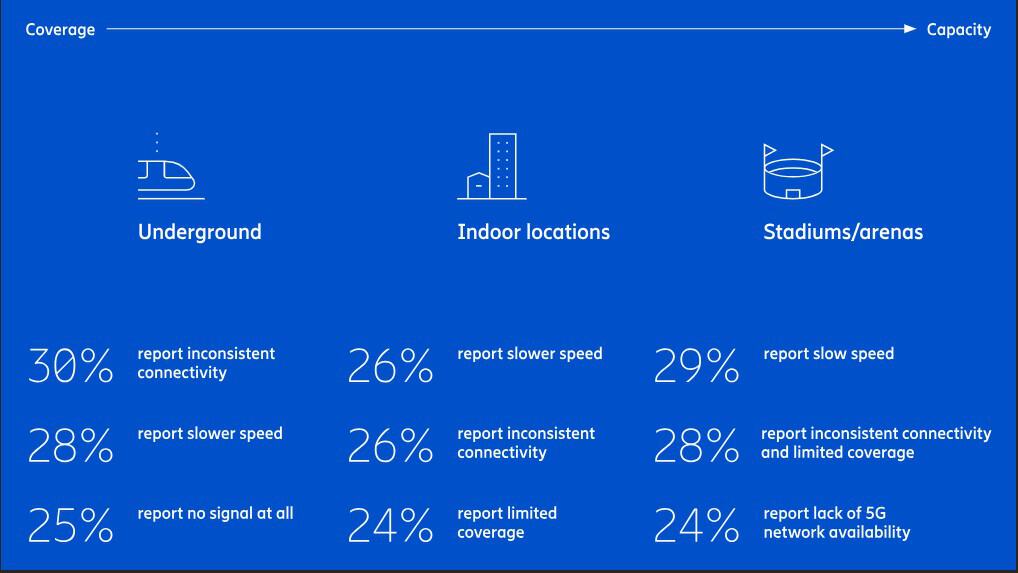New research from Ericsson ConsumerLab reveals a significant rise in consumer interest for differentiated connectivity, especially among 5G smartphone users in Singapore. As generative AI applications gain traction, one in three users express a willingness to pay for enhanced, uninterrupted connectivity, according to the study.
The report, titled Elevating 5G with Differentiated Connectivity, highlights that 71% of 5G users in Singapore are expected to engage with GenAI applications weekly within the next five years. This growing demand for high-capacity applications is also reflected in the increased satisfaction with network performance, which has risen from 28% in 2023 to 34% in 2024. Daniel Ode, Head of Ericsson in Singapore, Philippines, and Brunei, states, “Even as the research shows that the share of 5G users satisfied with network performance... 1 in 3 5G smartphone users in Singapore say they would be interested in paying for differentiated connectivity for essential applications.”
Figure 1: Type of connectivity issues 5G users reported when experiencing issues at respective locations

The study identifies a segment dubbed “Assurance Seekers,” which comprises 21% of 5G smartphone users actively looking for elevated connectivity and willing to pay extra for it. Notably, one in six current GenAI users in Singapore are ready to pay up to 35% more for guaranteed fast and secure connectivity for these applications.

Jasmeet Sethi, head of ConsumerLab at Ericsson, notes that as AI-powered applications become more prevalent, consumer expectations for enhanced connectivity are also increasing. He explains, “This reflects consumers' expectations for AI apps' future capabilities... and their willingness to pay for these features to perform quickly, responsively, and with high quality.” Sethi further emphasizes that this trend presents a significant opportunity for communications service providers (CSPs) to innovate their offerings and create tailored connectivity experiences.
The report suggests that CSPs could see a 4-11% increase in Average Revenue Per User (ARPU) as they transition to performance-based business models. By reconfiguring subscription plans to include guaranteed performance for specific applications, CSPs can cater to the rising demand for high-performance apps. The potential exists for CSPs to unlock new revenue streams by exposing Quality on Demand (QoD) network APIs to developers, enabling the creation of premium services.
In conclusion, Ericsson's findings indicate that the intersection of generative AI and connectivity is reshaping consumer expectations, presenting lucrative opportunities for service providers to meet the evolving needs of 5G users.



